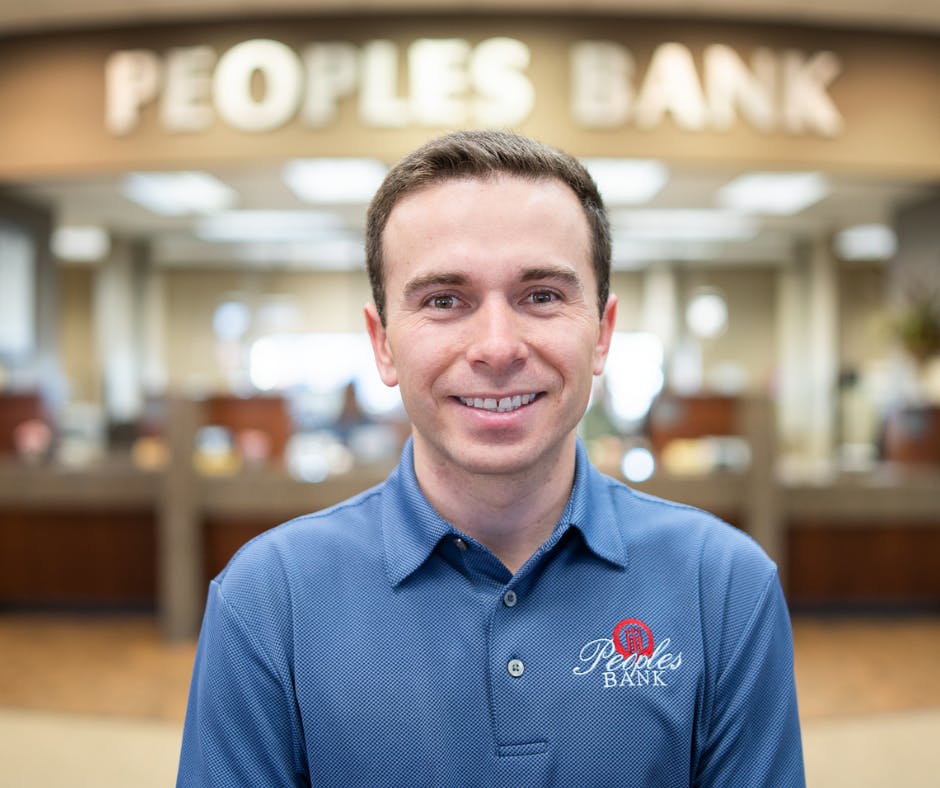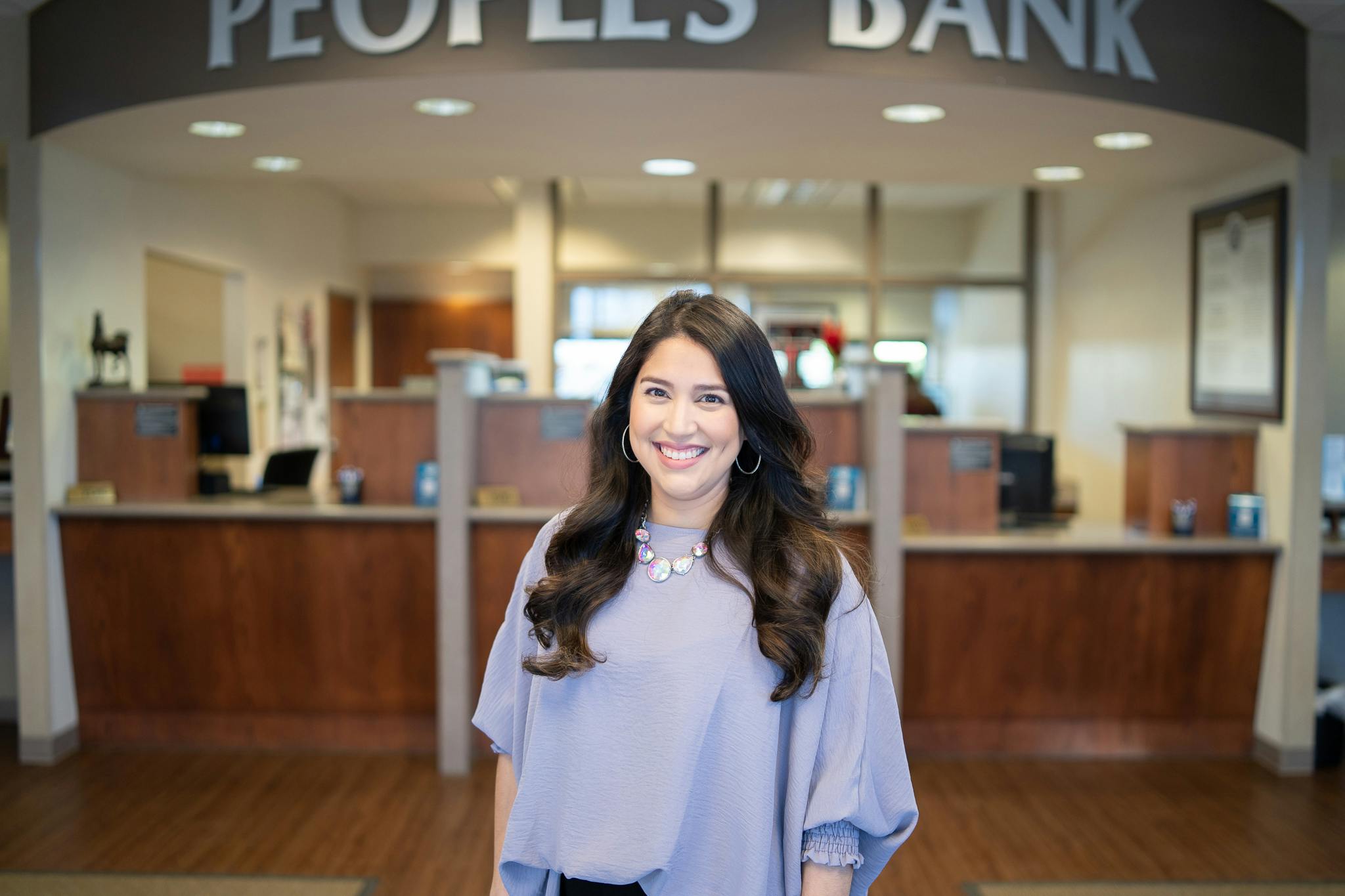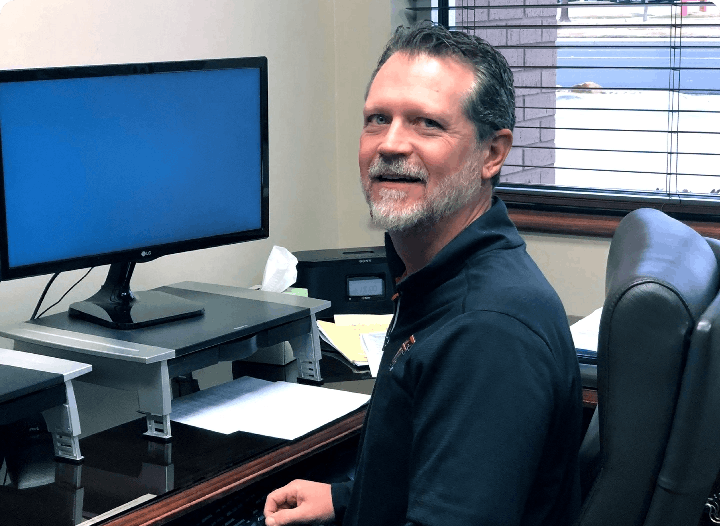Cybersecurity
Committed to Protecting Your Assets and Identity
Banking is a secure and regulated industry. But, protecting your assets starts with your decisions. See our resources and tips to protect your money and accounts.
Cybersecurity Starts with You
Security measures and layers of protection are only as good as your knowledge of scams and best practices. Phishing, smishing, those telemarketing calls you shouldn’t answer, and reusing less-than-secure passwords—your response in the moment determines how vulnerable your account is. We don’t expect you to know the latest hoaxes and scams. Our cybersecurity resources will empower you to protect your assets.

Question 1
Question 2
Question 3
Question 4
You recently bought a home and receive an envelope in the mail—marked urgent–offering additional mortgage protection insurance. There’s an FDIC logo, but the return address isn’t your mortgage holder. Should you call them?
Yes
No
Do your research
Which password is the most secure?
BestDoggoEva
4zAjWVPt%CPj
zxcV56$
wrck3mRaid$
You’re grabbing coffee and remember you need to check your checking account balance before you pay your child’s school tuition. You’re connected to the password protected coffee-shop wifi. Is it safe to check your account balance on this network?
Yes
No
You’re on your family vacation. It’s 9 p.m. and you’re trying to make it to your cabin by the ski lodge. You stopped to grab coffee because you needed to be awake for the drive. Your phone rings and it’s someone from the bank. They said that a fraudulent purchase was made on your account and they’ll need to confirm your identity and the purchase. You’re sure it was out-of-state coffee purchase. What should you do?
Hang up and ignore the obvious vishing call.
Quickly verify your information to make sure no one is making fraudulent purchases on your account.
Disconnect the call. And contact your bank through your banking app or your bank’s fraud protection department.
Answer: Do your research
First, these MAY be legitimate offers. Mortgage Protection Insurance (MPI) is a type of insurance. These offers do not come from your mortgage provider. And these policies often lack flexibility in what is covered in the event of a payout. So, if you think you need MPI, do your research. Find a legitimate, knowledgeable insurance agent. Not someone who got your information when your home closing created a public record.
Answer: 4zAjWVPt%CPj
Secure passwords should be 10-12 characters, a mix of upper and lower-case letters, contain numbers, and a special character. You should not reuse a password from a previous account or site. If you’re having trouble remembering a random password, consider stringing together 3-4, four letter words. And swap some of the letters for characters and numbers. But, a randomly generated password is still the most secure.
Answer: No
Even though the network is password protected, it’s still public. And public networks are far more likely to attract scammers and hackers than a personal network. Our recommendation, swap to you phone’s data plan or wait until you get home.
Answer: Disconnect the Call
You definitely don’t want to ignore potential fraudulent activity on your account. And if you didn’t notify your bank you were going out of state—it could have been the coffee. But you should not assume the call was valid. It could have been vishing—security lingo for a scam voice call. Calling on a number or through an approved app means you’re getting ahold of your actual bank and making sure no one is making purchases without your permission.
Thank you for taking the time to increase your cybersecurity awareness, check out our Resources page for more information.
Online Banking
Fraud Prevention
Report Suspicious Activity
Lost or Stolen Debit Cards
Online Banking
Is online banking safe?
The short answer is yes. Banking is highly-regulated industry and banks are required to have certain protections in place. The American Bankers Association cites, “sophisticated technology and monitoring techniques, intricate firewalls and other methods of securing customer data,” as a few of the steps you can expect from Peoples Bank.
What is multifactor authentication?
Put simply, it’s using more than one method to verify your identity at login. Forms of identification may include something you know (password or PIN) and something you have (ATM card, smart card), or something you are (fingerprint or facial recognition). The American Bankers Association says that, “Banks also use authentication methods that you may not see, but that nonetheless assist them in knowing if you are who you say you are.”
Why does Peoples Bank encrypt my information?
Encryption converts your digital information into code that only your bank can read. This can stop scammers and hackers who intercept digital signals. This is one more way we protect you.
Fraud Prevention
Secure Password Best Practices
Strong passwords are a key fraud prevention practice. Learn about how to create a strong password, common missteps, and steps you can take to keep your online assets secure.
How to Create a Secure Password
Secure passwords are long (at least 12 characters) and complex with, a mix of upper and lower-case letters, numbers, and special characters. If you're having trouble remembering a random password, consider a passphrase by stringing together or more words, and swap some of the letters for special characters and numbers. Or use a password manager to randomly generate and securely store those long, complex passwords.
Passwords Should Be New
You should create a new, completely unique password for every account. Reusing passwords means if a hacker is able to figure it out, they can also access any other accounts that use this or even a similar password.
Don't Store Passwords in Your Browser
We know it's easy to check the "Save My Password for Next Time" when you login or say, "Yes" when your internet browser or phone offers to save the login information for you. And while it is easy, it means that any of those saved locations become an easy way for a hacker to get access to multiple accounts. If you're having trouble remembering passwords, consider using a credible, secure password manager to randomly generate and securely store your passwords.
Monitor Your Accounts
Regularly checking your account transactions for unexplained activity means you'll catch fraudulent activity early. And if you see suspicious activity, immediately call and report it.
Shop Online Safely
Make sure you only make purchases on secure websites. Secure websites will lead with a https:// AND you should make sure that they seem legitimate. You can look for business reviews, check for established social media accounts, and see if other people have mentioned them with a quick search.
Pay with a Credit Card
Credit cards have more built-in fraud protections and policies than debit cards and other online payment methods.
Log Off When You're Done
Don't just close the browser window or exit the app. Take the time, especially with online banking or website that has your payment information to fully log off.
Report Suspicious Activity
How to Report Suspicious Activity to Peoples Bank
Call your local branch to speak with a Customer Account Representative or contact us through your online banking app.
If I receive a call from the Fraud Center regarding fraudulent debit card transactions, how long do I have to respond?
The Fraud Center will contact you from phone number 1-855-961-1602 or Text Code 86975 if they suspect any fraudulent debit card transactions. For security reasons, you are given 24 hours to respond, otherwise, your debit card will be permanently cancelled.
Lost or Stolen Debit Cards
My debit card has been lost, stolen, or damaged. What do I do?
If this occurs during banking hours, call your local branch and speak to a Customer Account Representative.
After banking hours call 1-800-754-4128. If your card has been stolen or lost it will need to be immediately deactivated.
Local Advice
We live in the same communities as you. We're up-to-date on common scams.
Secure Login
Whether you're on a browser or one or our apps, the login is always secure.
Fraud Monitoring
We provide 24/7 fraud monitoring on accounts. Rest easy, we're here.
Real People
If you have a problem, a real, local person is here to help. Every time.
Our Promise



